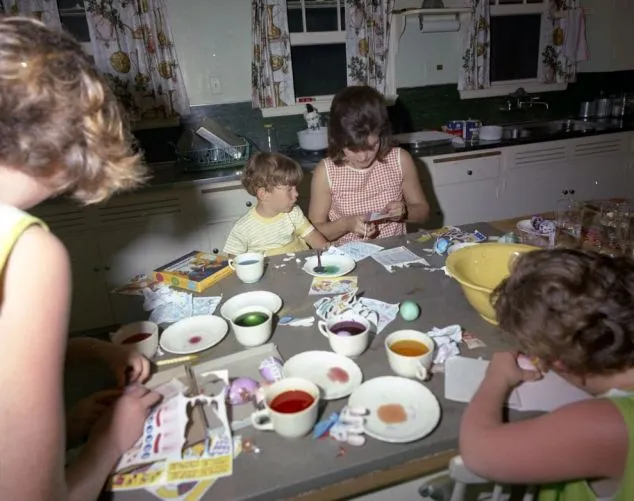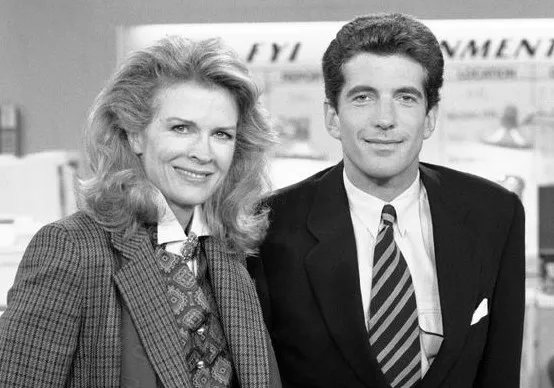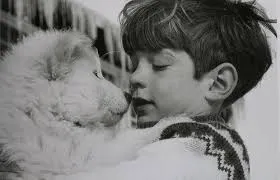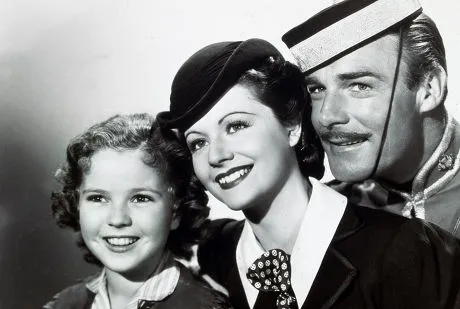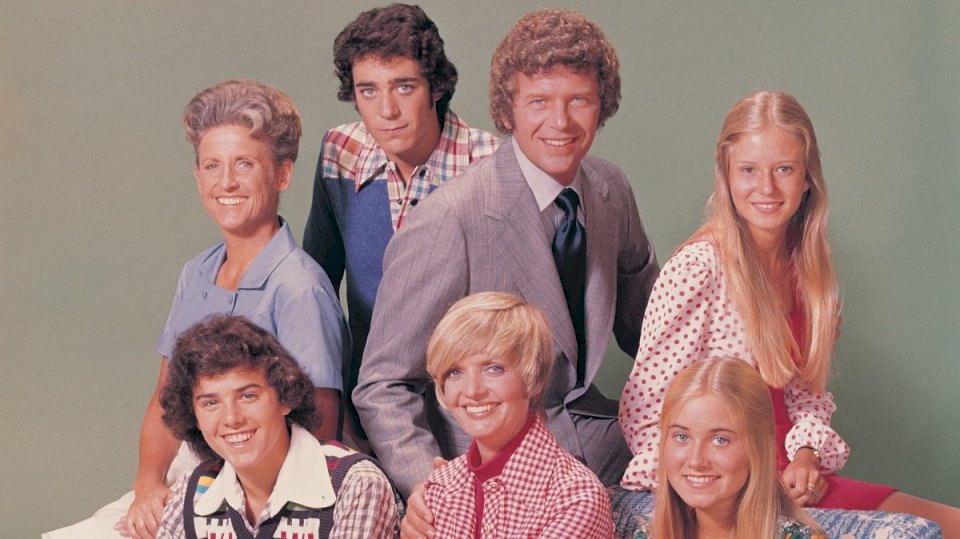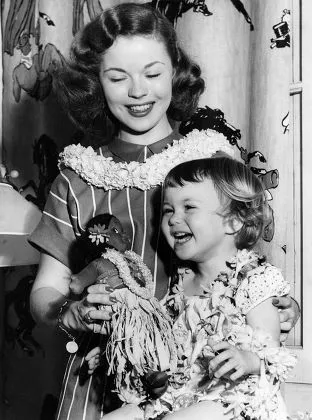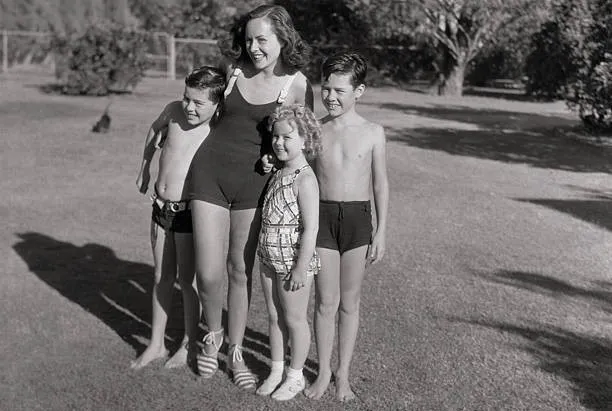Soupy Sales: Pie in the Face and Laughter in the Heart
In the world of comedy, certain names stand out as trailblazers who have left an indelible mark on the landscape of humor. Soupy Sales, born Milton Supman on January 8, 1926, in Franklinton, North Carolina, is one such luminary. A comedic genius whose influence transcended generations, Sales revolutionized television comedy with his unique brand of irreverent humor, unforgettable characters, and a penchant for slapstick that often involved a pie in the face.

Early Years and The Birth of Soupy Sales

Milton Supman, affectionately known as Soupy Sales, was born in Franklinton, North Carolina, and raised in Huntington, West Virginia. His journey into the world of entertainment began as a radio announcer, laying the foundation for the witty, irreverent persona that would later define his comedic style.
The moniker "Soupy" originated during his time as a radio host. One day, he happened to call his friend Frank, "Soup," and Frank reciprocated by calling him "Soupy." The nickname stuck, eventually becoming synonymous with one of the most recognizable faces in comedy.
The Soupy Sales Show: Pies, Puppets, and Pranks

The pinnacle of Soupy Sales' career was undoubtedly "The Soupy Sales Show," a children's television program that premiered in 1953. Airing in various forms until the late 1960s, the show featured Soupy at the center of a zany universe populated by characters like White Fang, Black Tooth, and Pookie the Lion.
One of Sales' trademark antics was the pie in the face routine. The show would invariably feature Soupy getting hit with a pie, often delivered by one of his off-screen crew members. This recurring gag became iconic, capturing the essence of Soupy's slapstick humor and endearing him to both children and adults alike.
Innovations in Children's Television

"The Soupy Sales Show" was a trailblazer in children's programming, offering a departure from the more traditional, structured formats of other shows. Soupy engaged with his audience in a way that felt spontaneous and genuine. The show was unscripted, allowing Sales to interact with puppets and characters in a manner that felt like improvisational comedy.

Sales' approach to children's television was revolutionary. He treated his young viewers with respect, recognizing their intelligence and incorporating humor that appealed to a broad audience. This inclusive style set a precedent for future children's programming, emphasizing entertainment that transcended age demographics.
Controversies and the Suspension

Despite his popularity, Soupy Sales was not immune to controversy. In 1965, during a New Year's Day broadcast, Sales made an off-the-cuff remark that would lead to his suspension. Jokingly, he urged his young viewers to go into their parents' wallets and purses, take out the "little green pieces of paper," and mail them to him. Although meant in jest, the remark resulted in a brief suspension from the network.
This incident, known as the "Green Pieces of Paper" controversy, brought Sales a level of notoriety but also underscored the fine line between irreverent humor and the responsibilities of a children's show host. Sales weathered the storm, and his suspension became a footnote in his career, overshadowed by the enduring impact of his comedic contributions.
The Soupy Sales Revival and Late Career

After the suspension, Soupy Sales continued to reinvent himself. He moved to Los Angeles and found success in various entertainment ventures, including appearances on popular television shows and nightclub performances. His irreverent humor found a new audience, and Sales became a sought-after guest on talk shows, bringing his unique brand of comedy to a wider demographic.
The 1980s brought a resurgence of interest in Soupy Sales' work. He hosted a revived version of "The Soupy Sales Show" in syndication, introducing a new generation to his classic style of comedy. Sales embraced his status as a cultural icon, making cameo appearances in films and on television, securing his place in the annals of American pop culture.
Beyond the Pie: Soupy Sales as an Influential Comedian

While the pie in the face routine remains an enduring symbol of Soupy Sales' comedic legacy, his influence extends far beyond slapstick humor. Sales was a master of improvisation, a skill honed during his years in radio, and he brought an irreverent wit to his performances that distinguished him from his contemporaries.

Sales' impact on the world of comedy is reflected in the admiration of his peers. Comedians such as Jerry Seinfeld and Howard Stern have cited Soupy Sales as an inspiration, acknowledging his ability to connect with audiences through a blend of humor and genuine personality.
Personal Life and Legacy

Behind the scenes, Soupy Sales faced personal challenges. He went through multiple marriages, and the demands of his career took a toll on his family life. However, despite the ups and downs, Sales' contributions to entertainment are celebrated, and his influence on the medium endures.
Soupy Sales passed away in 2009, leaving behind a legacy that continues to resonate. His impact on the landscape of children's television, his contributions to the evolution of comedy, and his enduring popularity make Soupy Sales a figure whose influence transcends generations.
Conclusion

Soupy Sales' career is a testament to the enduring power of laughter and the ability of a talented comedian to connect with audiences across generations. From his early days in radio to the heights of television stardom, Sales brought joy to millions with his unique brand of humor.
The pie in the face may be the enduring image associated with Soupy Sales, but his legacy is much richer. He was a pioneer in the world of children's television, a master of improvisation, and a comedic force whose impact on the entertainment industry is still felt today. As we reflect on the life and career of Soupy Sales, we celebrate the man who made us laugh, who embraced the absurdity of life, and who remains an iconic figure in the pantheon of American comedy.
Related articles
The Latest
Jacqueline Kennedy Decorates Easter Eggs with Her Children in Palm Beach, Florida in 1963
In the spring of 1963, Jacqueline Kennedy sought solace and familial bonding in the sunny, picturesque setting of Palm Beach, Florida. Renting a residence from family friend C. Michael Paul, Jackie embraced the Easter season by engaging in the timeless ...
JFK Jr. Frolics in the Snow at Bald Mountain, Idaho with His Sister Caroline, and Mother Jacqueline Kennedy in 1966
In the crisp winter of 1966, the picturesque slopes of Bald Mountain in Sun Valley, Idaho, provided the backdrop for a delightful family vacation for the Kennedy family. Jacqueline Kennedy, alongside her children, John F. Kennedy Jr. and Caroline Kennedy, ...
John F. Kennedy Jr.'s Memorable Cameo on Murphy Brown
In the late 1980s, a television show emerged that would not only redefine the sitcom landscape but also make a significant mark in the realm of women's representation in the media industry. "Murphy Brown," which aired from 1988 to 1998, ...
John F. Kennedy Jr. and His Love for Dogs: A Legacy of Compassion and Companionship
John F. Kennedy Jr., often referred to as "John-John" in his childhood, was a figure who captivated the American public from the moment he was born. As the son of President John F. Kennedy and Jacqueline Kennedy Onassis, his life ...
Shirley Temple's Role in "Susannah of the Mounties": A Classic Performance
Shirley Temple - The very name evokes images of golden curls, twinkling eyes, and a heart-melting smile. To me, she was more than just a child star; she was a beacon of hope, a symbol of innocence, and a testament ...
 MAS*H: A Groundbreaking Television Series
MAS*H: A Groundbreaking Television Series The Red Skelton Hour with Eve Arden, Robert Stack and Johnny Rivers
The Red Skelton Hour with Eve Arden, Robert Stack and Johnny Rivers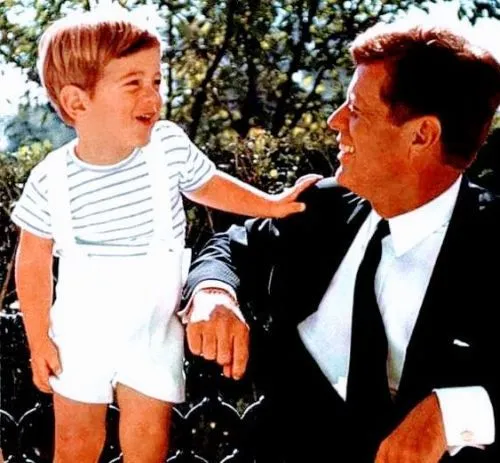 A Bond Forged in History: President John F. Kennedy and John F. Kennedy Jr.
A Bond Forged in History: President John F. Kennedy and John F. Kennedy Jr. Rosa Parks Day: Honoring a Legacy of Courage and Civil Rights Activism
Rosa Parks Day: Honoring a Legacy of Courage and Civil Rights Activism